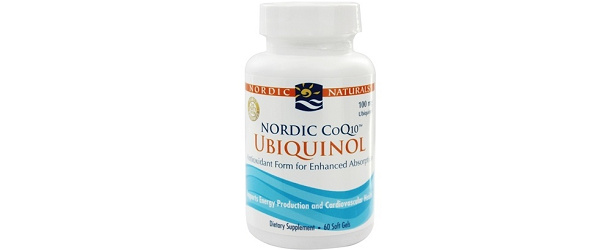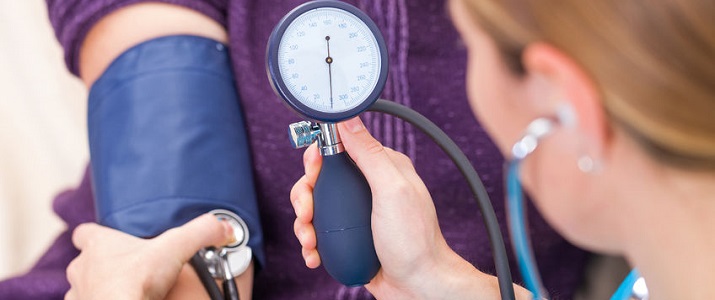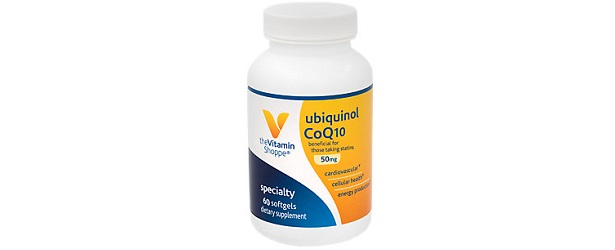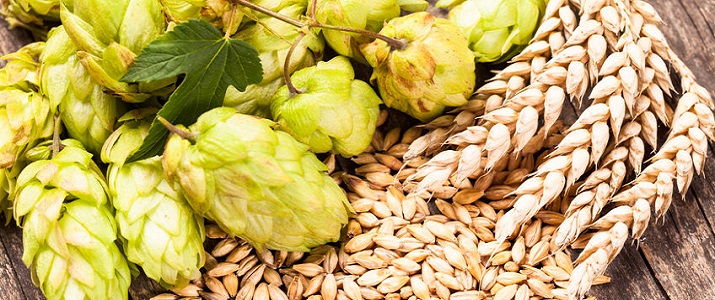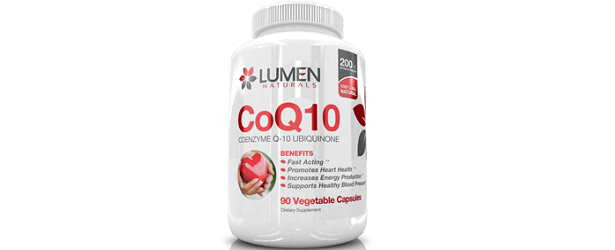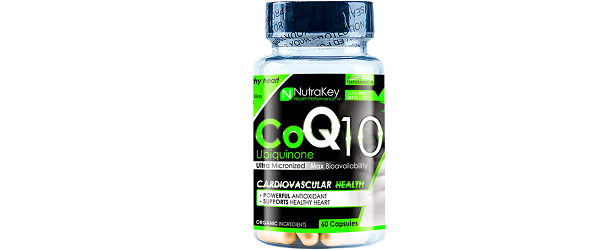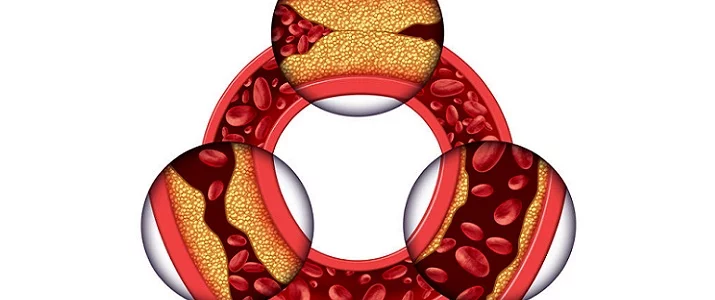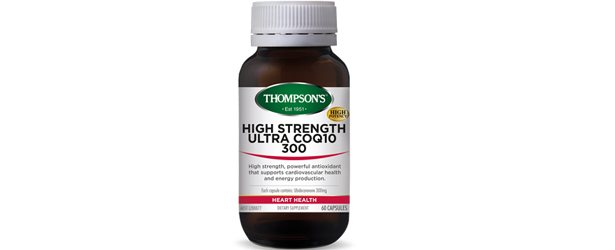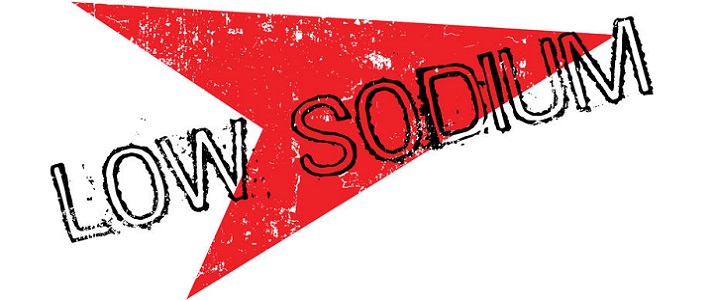
CoQ10 And Diet
The heart is undeniably the most important organ in the body. With its complex composition of arteries, capillaries, and veins, the heart is responsible for pumping life through your body. Maintaining a healthy lifestyle with exercise and diet is imperative to safeguarding the lifespan of your heart. Making wise decisions about the foods you eat can decrease the risk of cardiovascular disease. Even if you are taking a CoQ10 supplement, a healthy daily diet is paramount for maintaining a healthy heart. Check out these top tips for optimal heart health.
Choose the Right Carbohydrates
Avoid eating refined grains such as bread, pasta, cereals, desserts and table sugar. Refined grains are made by processing natural, whole grains. This is done to extend the shelf life and give the product a better texture. There are a number of reasons why refined grains are substandard when it comes to a diet. Refined grains are nutritionally imbalanced as they are devoid of iron and B vitamins. Preservatives, bleaching chemicals (white flour), artificial coloring, and flavors are used when processing or refining whole grains. Refined grains contain little to no fiber and have a higher glycemic index which tends to be digested much quicker than whole grains, as a result, this causes a spike in insulin which leads to high cholesterol and diabetes. Switching to whole grains is certainly a healthier alternative.
Cut Back on Salt
Salt is the primary source of sodium. When one consumes too much salt, the excess sodium in the bloodstream retains water within the blood vessels which increases the volume of blood. When more blood flows through the blood vessels, it causes an increase in blood pressure. High blood pressure puts a strain on the heart and while you may not feel it, the pressure damages the walls of the arteries over time. Try limit your salt intake by using fresh herbs to season meals and only adding a small amount of salt after foods have been cooked. A little sprinkle does go a long way.
Eliminate Trans Fats
Trans fats are a man-made fat which is the result of turning a liquid oil into a solid fat such as margarine by means of hydrogenation. Trans fat raises your “bad” LDL cholesterol and lowers your “good” HDL cholesterol which may increase the risk of cardiovascular complications. Eliminate foods that contain “hydrogenated oil” or “partially hydrogenated oil”. Manufacturers are obligated to mention these ingredients, so be sure to read the food labels carefully. Small doses of trans fats are also found naturally in animal products such as beef, pork, and some dairy. It is best to limit your intake of pork and beef and switch to fat-free dairy products.
The ‘S’ Word
Sugar! Approximately 10% of the calories the average American eats in a day is made up of added sugar however about 1 in 10 people get one-quarter more of their calories from added sugar. Consuming large quantities of sugar damages tissues in the heart and affects the blood sugar levels. Women should limit their added sugars to no more than 100 calories per day, and men should eat less than 150 calories. These recommendations only apply to added sugars. When checking food labels, avoid added sugar such as corn sweetener or syrup, honey, molasses, fruit juice concentrate, high-fructose corn syrup, invert sugar, malt sugar and syrup and sugar molecules ending in ‘ose’ (dextrose, fructose, glucose, lactose, maltose, sucrose).
TOP 5
COQ10Treatments |
|||||
| CoQ10 Pure | Nature Made CoQ10 | Piping Rock Absorbable CoQ10 | Source Naturals CoQ10 | Natural Factors Coenzyme Q10 | |
|---|---|---|---|---|---|
| 1 | 2 | 3 | 4 | 5 | |
| Price (1 bottle) Price (6 bottles)best value |
$49.95 $139.70 |
$30.49 $182.94 |
$25.49 $139.77 |
$28.45 $170.70 |
$49.99 $299.94 |
| Overall Rating | 99.50% | 90.20% | 89% | 87.89% | 87% |
| Effectiveness |





|





|





|





|





|
| Speed of Results | Extremely Fast | Good | Average | Slow | Slow |
| Quality of Ingredients | Premium | Good | Good | Average | Average |
| Customer Satisfaction Evaluation | 99.40% | 92% | 89.78% | 88.23% | 87% |
| Safety Evaluation | Safe for Use | Safe for Use | Safe for Use | Safe for Use | Safe for Use |
| Customer Service Rating |





|





|





|





|





|
| Reorder Rate | Highest | Good | Good | Average | Average |
| Return Policy | Risk Free | Risk Free | Risk Free | No | No |
| Success Rate | 99.40% | 78% | 78.50% | 74.20% | 60% |

 Subscribe Now
Subscribe Now




